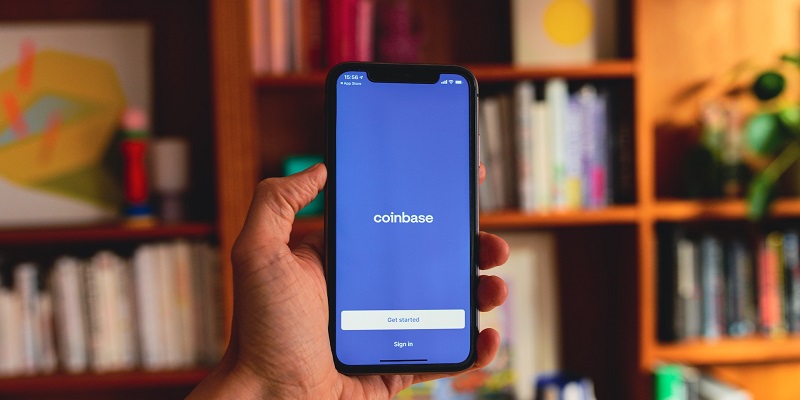Coinbase has emerged as one of the leading cryptocurrency exchanges, offering a user-friendly platform for buying, selling, and storing digital currencies.
As the popularity of cryptocurrencies continues to grow, so does the risk of cyber threats, with phishing attacks being one of the most common ways scammers target unsuspecting users.
Reports of phishing attacks using Coinbase’s domain name
Users of Coinbase have recently reported incidents where they received texts and emails from scammers who had cleverly crafted their messages and incorporated links under the legitimate domain Coinbase.com.
Nature of the attacks – texts and emails from scammers with links under the domain Coinbase.com
These phishing attempts mimic genuine communication from Coinbase, making it challenging for users to distinguish between legitimate messages and scams.
Testimony of Twitter user Daniel Mason’s experience with a scammer impersonating Coinbase
Daniel Mason, a user of Coinbase, revealed how he was contacted by a scammer using a real phone number, followed by a phishing email from an address under the Coinbase.com domain.
Details of the scam involving a call claiming account compromise and the need for a reset
The scammer convinced Mason that his account had been compromised, urging him to reset his account credentials to avoid potential unauthorized access.
Assurance of an email from Coinbase about the case
The scammer assured Mason that he would receive an email from Coinbase to provide further instructions regarding his account’s security.
Account of Twitter user Jacob Canfield who also received calls from “Coinbase support.”
Jacob Canfield, another user of Coinbase, shared his encounter with scammers who claimed to be “Coinbase support” and asked him if he had requested changes to his email and two-factor authentication (2FA) settings.
Inquiries about email change and two-factor authentication (2FA) change
These scammers attempted to manipulate Canfield into revealing sensitive information or making unintended changes to his account settings.
Comparison to previous cases, including a user who claimed to have lost BTC from a social engineering phishing attack
The prevalence of such social engineering phishing attacks targeting Coinbase users has been alarming, with previous incidents resulting in the loss of significant amounts of Bitcoin for unsuspecting victims.
Coinbase’s policy against asking for passwords, 2FA codes, and remote access to devices
To combat phishing attacks and protect its users, Coinbase has emphasized that its staff will never ask for passwords, 2FA codes, or request remote access to devices.
Explanation of the blog post addressing security measures on the Coinbase website
Coinbase has also released a detailed blog post on its website, outlining various security measures users can employ to safeguard their accounts from scams and phishing attempts.
Coinbase’s dedication to educating customers about preventing phishing attacks and scams
Coinbase has dedicated extensive security resources to educate its customers about identifying and preventing phishing attacks, emphasizing the importance of remaining vigilant and cautious while engaging in the crypto space.
Discussion on how scammers target Coinbase users using listed email addresses
One reason Coinbase users may fall prey to phishing attacks is that scammers have access to their email addresses listed on the platform.
Concerns regarding the gullibility of users in falling for such scams
The success of these phishing attacks can also be attributed to the gullibility of some users who may overlook red flags or fail to double-check the legitimacy of messages before taking action.
Recap of the importance of cybersecurity and phishing prevention
The recent wave of phishing attacks targeting Coinbase users highlights the criticality of robust cybersecurity practices and the need for constant awareness.
As cryptocurrency continues to gain popularity, users must remain constantly vigilant and employ best practices to protect themselves from phishing and other cyber threats.
In conclusion, the recent phishing attacks targeting Coinbase users using the exchange’s domain name serve as a wake-up call for the necessity of prioritizing cybersecurity in the crypto space. By understanding the nature of these attacks and remaining vigilant, users can play an active role in safeguarding their accounts and finances. Coinbase’s commitment to educating customers about phishing prevention is commendable, but it is ultimately the responsibility of individual users to exercise caution and skepticism when receiving messages or calls pertaining to their accounts. Proactive awareness and adherence to good cybersecurity practices are crucial to protecting oneself and others from falling victim to these scams.

